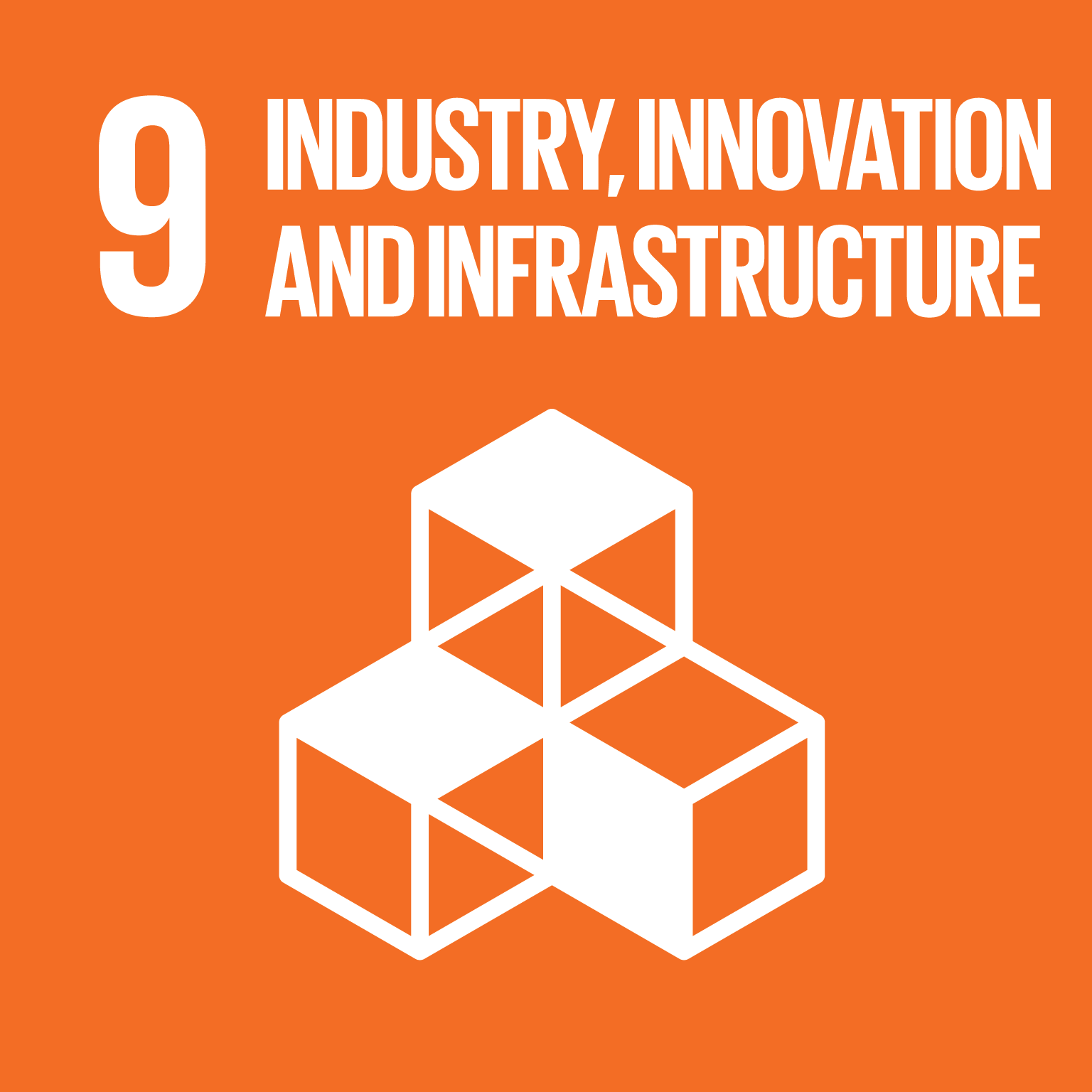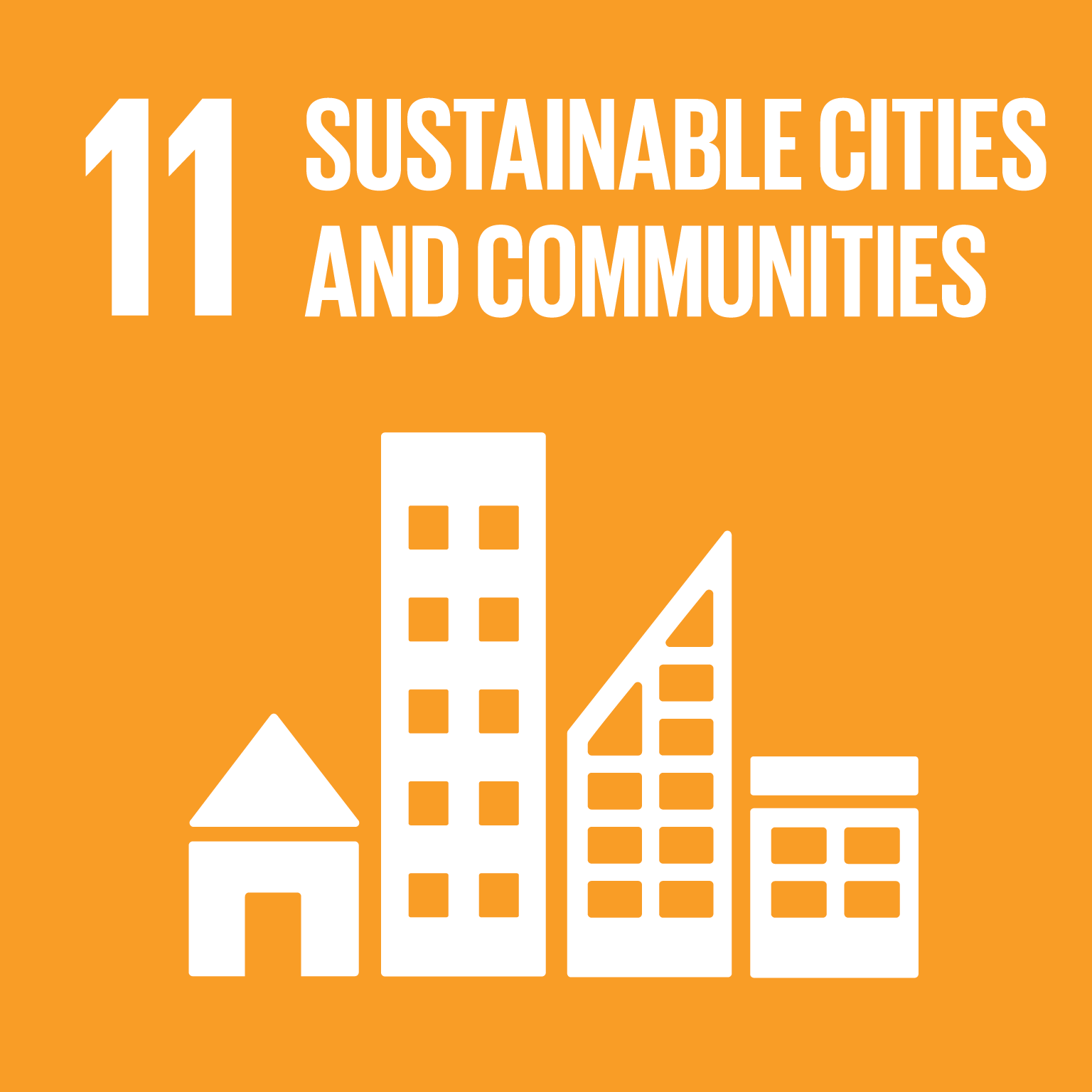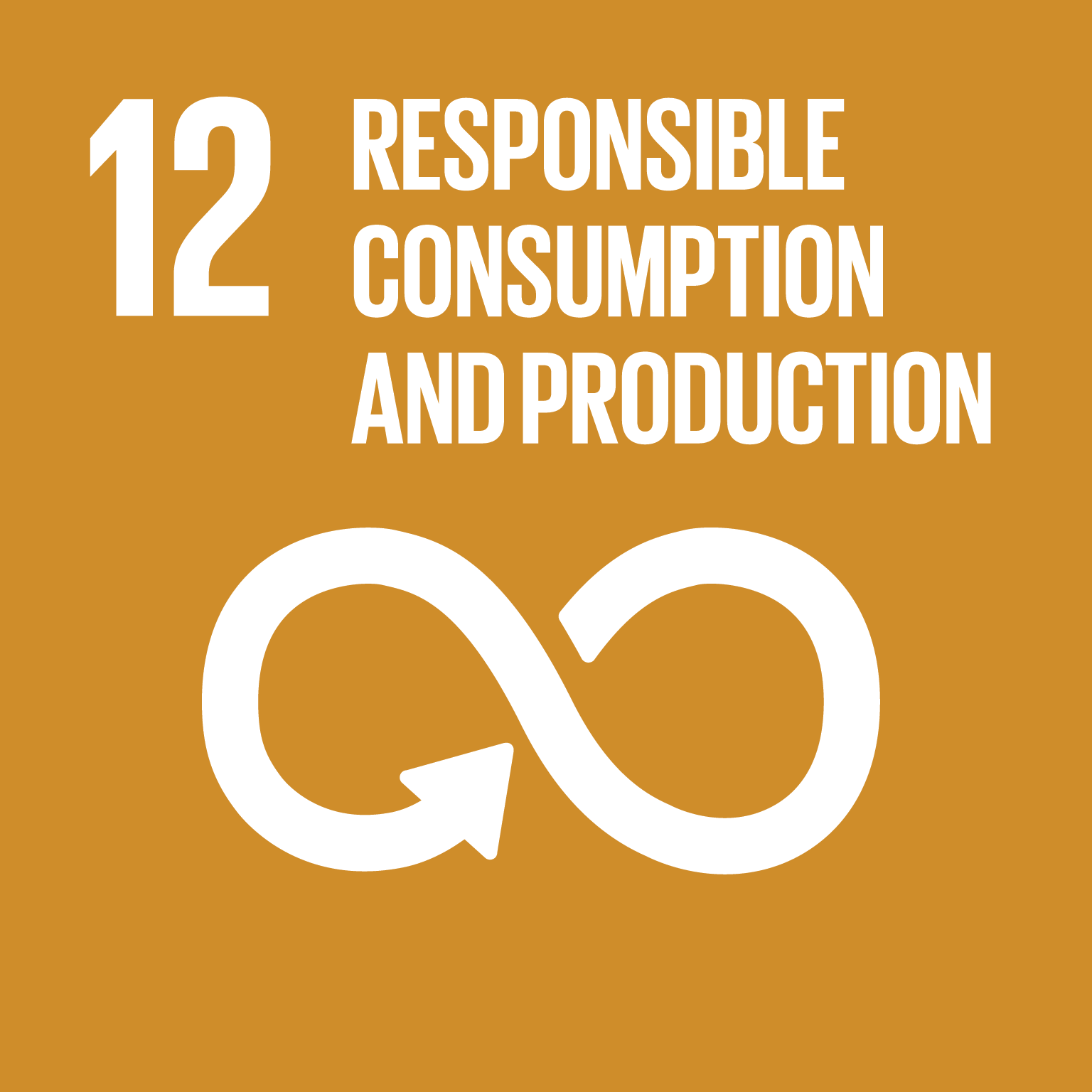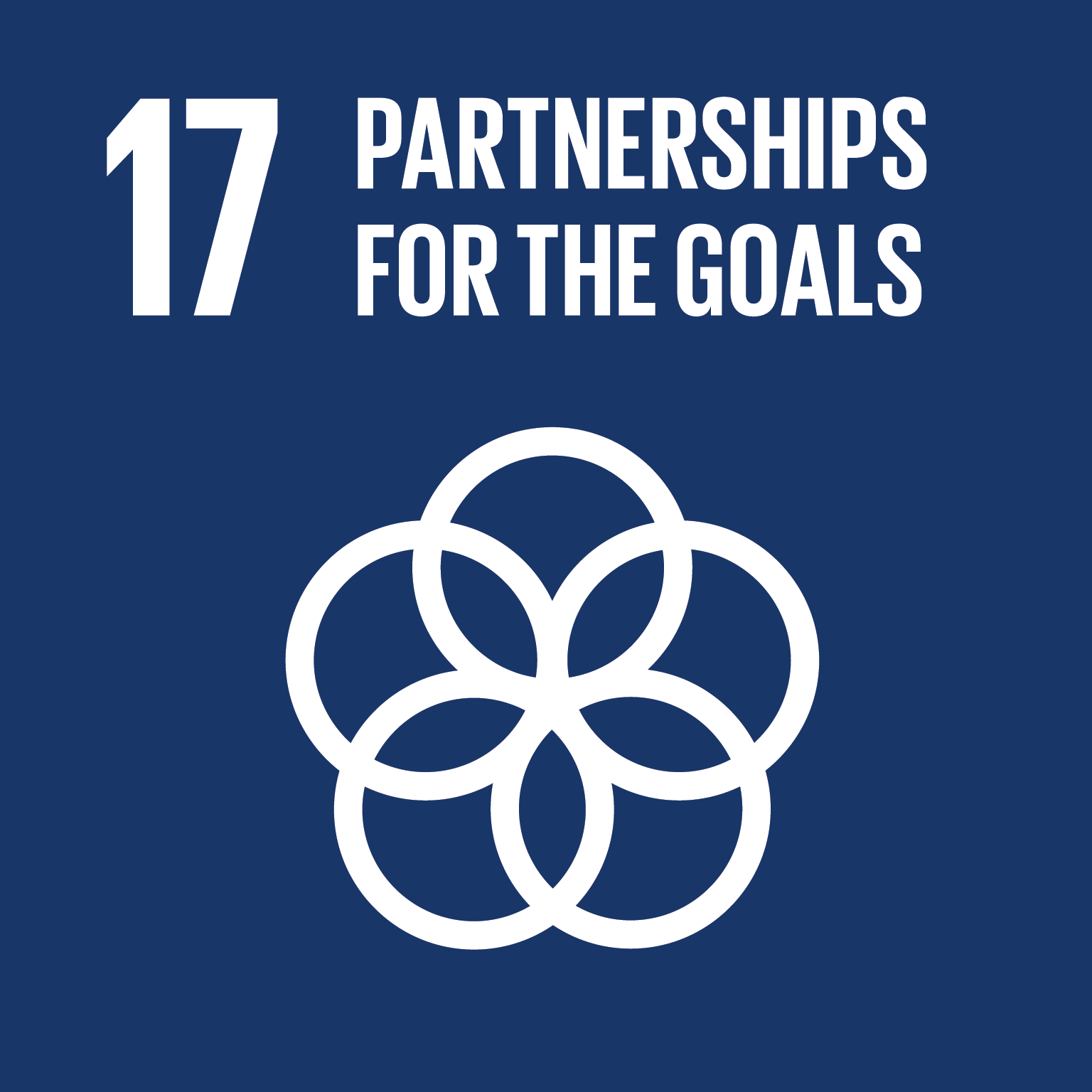This project investigates and proposes a practical solution for the utilisations of the world's excess biosolids in fired-clay bricks.
Biosolids are a by-product of the wastewater treatment process that can be used as fertiliser, in land rehabilitation or as a construction material. Around 30% of the world’s biosolids are stockpiled or sent to landfill, using up valuable land and potentially emitting greenhouse gases, creating an environmental challenge. Results demostrate that fired-clay bricks incorporating biosolids could be a sustainable solution for both the wastewater treatment and brickmaking industries.
Project timeline: 2017-2018
Key contributors: Abbas Mohajerani
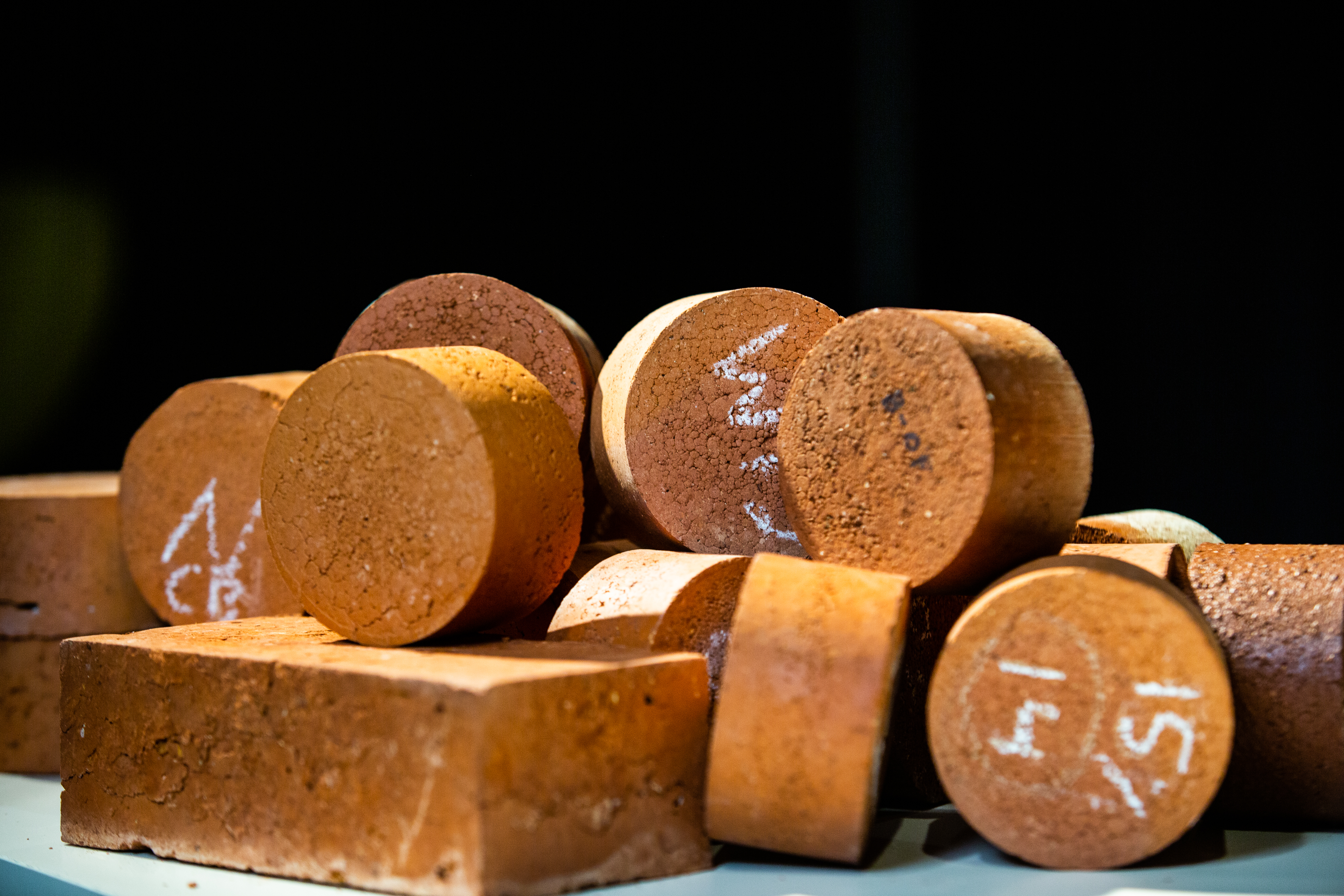
This project addresses the following Sustainable Development Goals and Targets:
9.4 By 2030, upgrade infrastructure and retrofit industries to make them sustainable, with increased resource-use efficiency and greater adoption of clean and environmentally sound technologies and industrial processes, with all countries taking action in accordance with their respective capabilities
11.6 By 2030, reduce the adverse per capita environmental impact of cities, including by paying special attention to air quality and municipal and other waste management
12.4 By 2020, achieve the environmentally sound management of chemicals and all wastes throughout their life cycle, in accordance with agreed international frameworks, and significantly reduce their release to air, water and soil in order to minimize their adverse impacts on human health and the environment
12.5 By 2030, substantially reduce waste generation through prevention, reduction, recycling and reuse
17.16 Enhance the Global Partnership for Sustainable Development, complemented by multi-stakeholder partnerships that mobilize and share knowledge, expertise, technology and financial resources, to support the achievement of the Sustainable Development Goals in all countries, in particular developing countries.

Get in touch
For more information or to discuss partnership and collaboration opportunities, email us at SDGs@rmit.edu.au.
For more information about RMIT’s sustainability commitments and activities visit www.rmit.edu.au/sustainability
